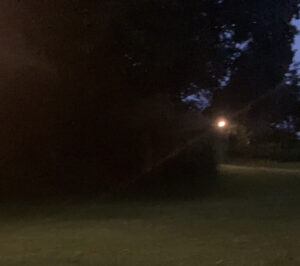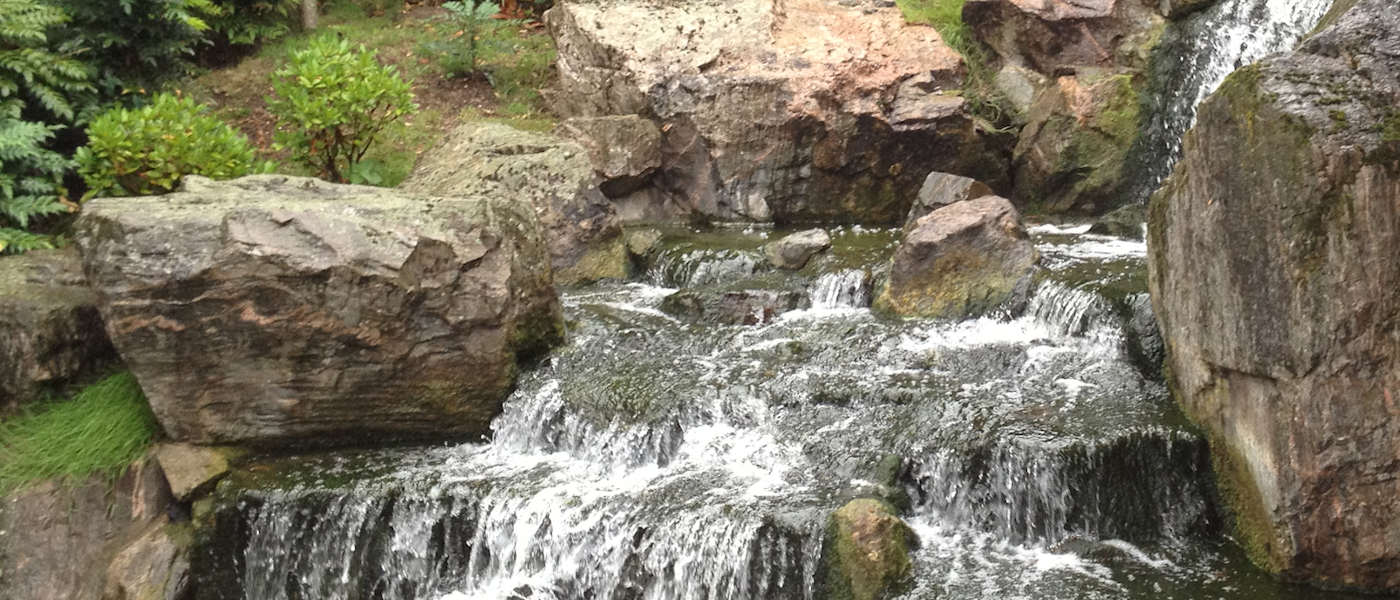Gerade dann, wenn es besonders dunkel ist scheint ein kleines Licht besonders hell. So verhält es sich auch im Leid. Wenn alles so hoffnungslos erscheint wie aktuell in der Flutkatastrophe, dann erscheint eine kleine Hilfeleistung wichtig. Wenn ein Haushalt alles verloren hat sind Altkleider und gebrauchte Sachspenden eine wertvolle Hilfe. Gesten der Hilfsbereitschaft, ein WG-Zimmer das kostenlos zur Verfügung gestellt wird, ein Hotel das obdachlos gewordene Menschen aufnimmt, viele kleine Geldspenden, improvisieren um das Nötigste zu beschaffen, zu verteilen. Auf einmal erscheint die Wichtigtuerei und das zur Schau stellen der eigenen Eitelkeit, des eigenen Reichtums unangebracht. Wer hätte geahnt, dass solche Szenen der Armut in Deutschland, einem der reichsten Länder der Erde in so kurzer Zeit immer häufiger werden. Die Natur lädt uns nicht nur in schlechten Zeiten ein zu kooperieren, sondern auch in guten Zeiten. Solange es Menschen gut geht, glauben viele weder helfen zu müssen noch Hilfe zu brauchen, in den Tagen des Leids ist es offensichtlich, dass das Leben nicht funktioniert, wenn wir einander nicht helfen, nicht miteinander teilen und nicht voneinander lernen. Möge der Geist der Kooperation, der Toleranz und der Nächstenliebe nicht nur in den Katastrophen erwachen, sondern immer wieder auf Neue geübt, erprobt und evaluiert werden. Was brauchen wir, was fühlt sich gut an, was können wir geben, wie können wir helfen ohne andere zu bevormunden, wie können wir wertschätzend mit anderen Menschen, mit Kindern und Senioren, mit den Tieren und der Natur umgehen. Wie können wir die Vielfalt des Lebens schützen, wie können wir unterschiedliche Chancen und Risiken, andere Weltanschauung, diverse Lebenswelten, bunte Vorstellungen, gegensätzliche Theorien und Glaubensvorstellungen achten und gerade deswegen für einander da sein. Möglicherweise wird genau das die Herausforderung der Zukunft, wenn wir auf einem Planten überleben wollen, den wir als Menschen relativ unbewohnbar gemacht haben.
Trotz all der Fassungslosigkeit, zünden wir ein Licht an! Helfen wir, wenn wir gebraucht werden, teilen wir, was wir geben können und lernen wir es besser zu machen jeden Tag, damit unser Lebensumwelt und der Planet, auf dem wir wohnen, wieder lebenswerte Orte werden.
Gertrud Müller














